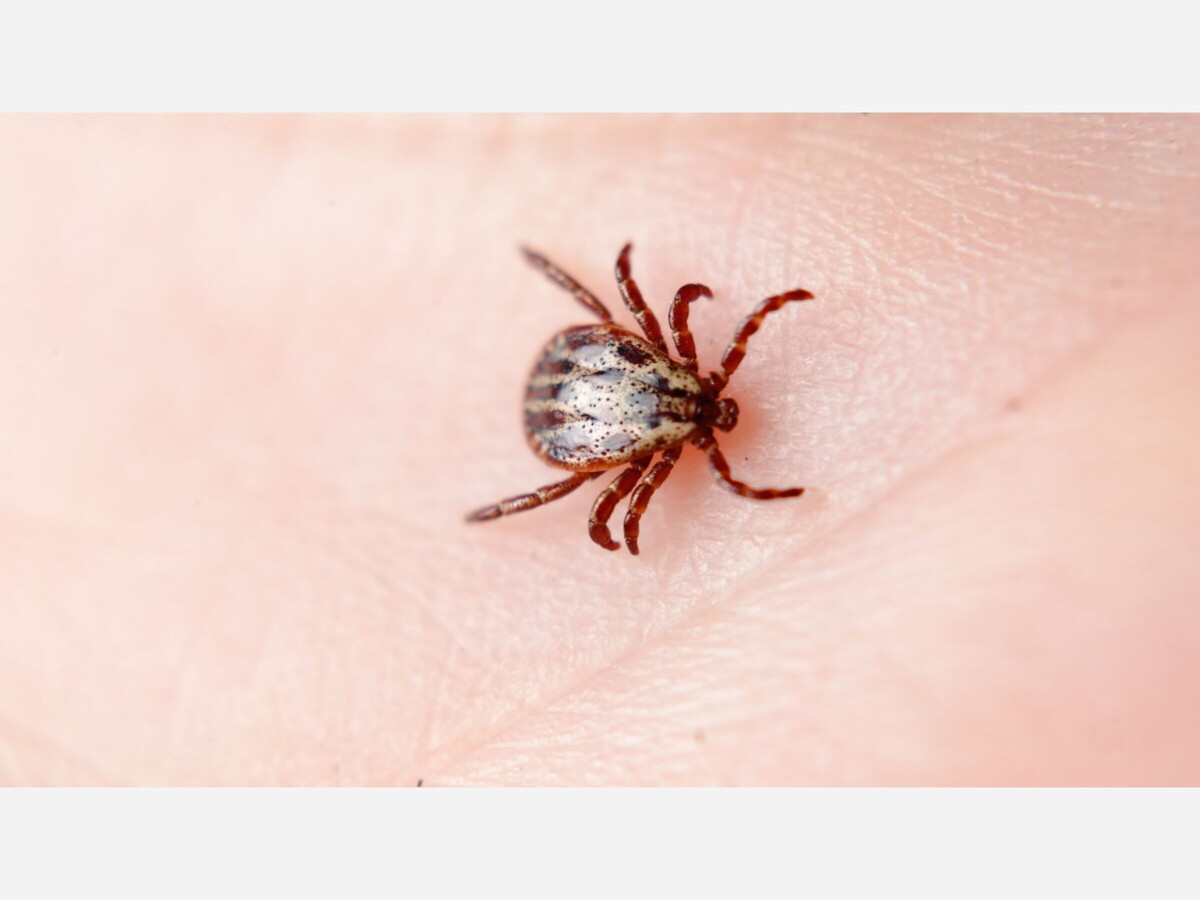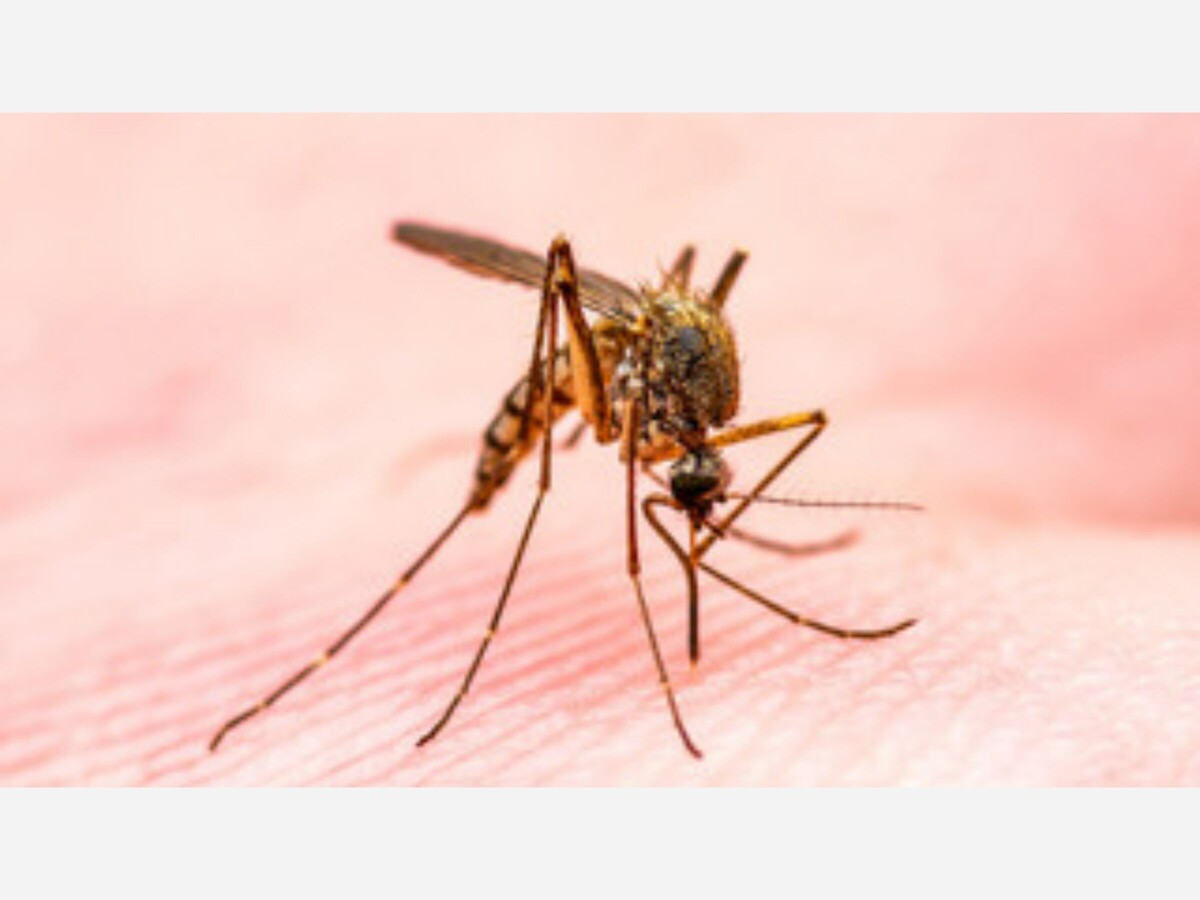Take Precautions Against Vector-borne Diseases Take Steps This Summer To Prevent Tick, Mosquito Bites
State agencies advise on preventing mosquito and tick bites to curb the spread of diseases such as West Nile Virus and Lyme disease.
With the arrival of summer and in recognition of National Mosquito Control Awareness Week on June 18, the New Jersey Departments of Health (NJDOH), Environmental Protection (NJDEP), and Agriculture (NJDA) are urging residents to take preventive measures against mosquito and tick bites and the associated vector-borne diseases.
Vector-borne diseases, including West Nile Virus and Lyme disease, are illnesses spread by blood-sucking insects like mosquitoes and ticks. Given the lack of specific treatment and human vaccines against these diseases, the agencies emphasize that the best form of protection is to prevent bites from these vectors.
Health Commissioner Judith Persichilli highlighted the risk, stating, "A bite from a tick or mosquito can cause illnesses that can be severe for some people. Individuals can take simple steps to protect themselves and ensure a healthy and safe summer.”
West Nile virus (WNV) is the most commonly reported mosquito-borne disease in New Jersey, although Eastern Equine encephalitis (EEE) and Jamestown Canyon virus also pose significant health risks.
Many people may experience no symptoms or mild to moderate illness typically characterized by fever, headache, and fatigue.
In some rare instances, these infections may progress and cause severe neurological illness, potentially resulting in encephalitis, meningitis, or acute flaccid paralysis. Older adults and immunocompromised individuals are at greater risk of developing severe illness.
In response to these risks, Environmental Protection Commissioner Shawn M. LaTourette urged New Jersey residents to take precautions when spending time outdoors this summer. Suggestions include wearing repellents, avoiding tall grass and wooded areas, wearing light-colored long-sleeved shirts and pants, and conducting regular tick checks.
The NJDEP also advises residents to eliminate standing water, which serves as a breeding ground for mosquitoes, and to ensure all containers that can hold water are covered.
Routine activities such as emptying or changing outdoor water weekly, maintaining clean gutters, and ensuring window screens are in good repair can drastically reduce mosquito populations and their potential for disease transmission.
Lyme disease, spread by infected ticks, can result in a range of symptoms from rashes to neurological complications if left untreated. The NJDOH encourages individuals who have spent time outdoors or have found a tick on themselves to be alert for symptoms and seek medical consultation if necessary.
Other prevalent tick-borne diseases in the state include Anaplasmosis, Babesiosis, Ehrlichiosis, Powassan, and Spotted Fever Group Rickettsioses, including Rocky Mountain Spotted Fever.
In addition to human health, vector-borne diseases also pose a risk to animals. NJDA Secretary Douglas H. Fisher urges horse owners to vaccinate their animals against mosquito-borne diseases like West Nile virus and Eastern Equine Encephalitis, which can cause severe neurological complications in horses.
For ongoing updates on vector-borne disease activity in the state, residents can refer to weekly reports available on the NJDOH's website.
Additional information on preventive measures and potential risks can be found on the NJDOH's West Nile Virus webpage, NJDEP's mosquito control webpage, and the NJDA's Animal Health webpage.
















